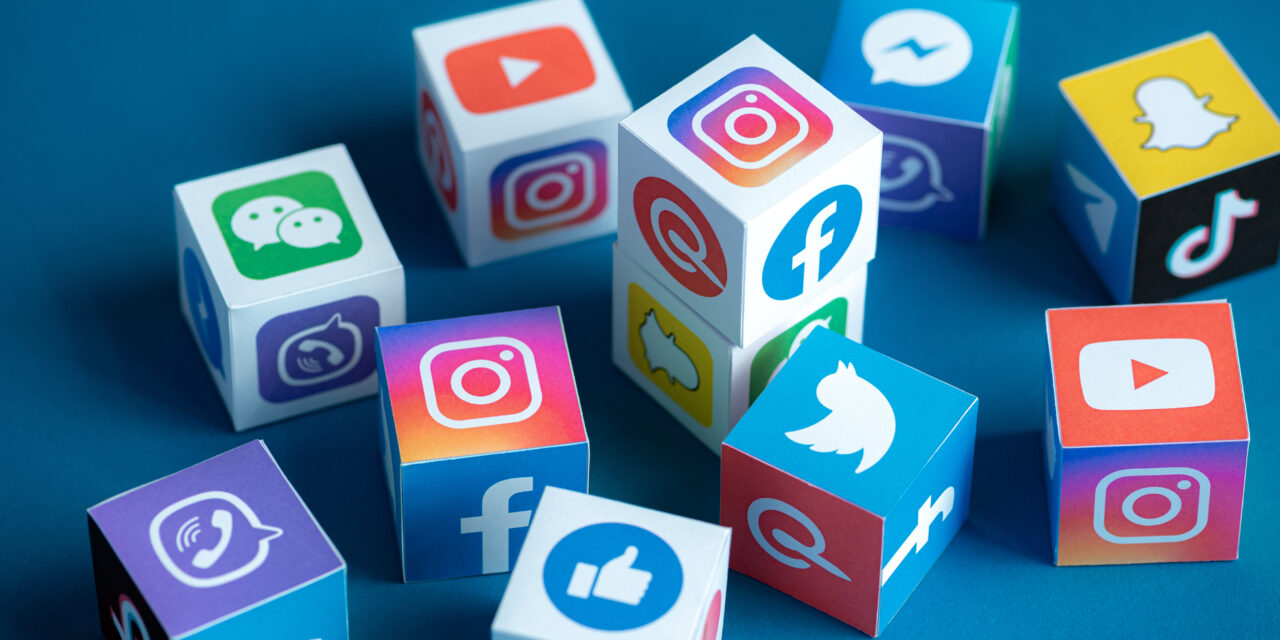More than half (51%) of over 1,500 surveyed teens reported spending at least four hours on social media every day, Gallup’s new Familial and Adolescent Health Survey reported last week.
It’s a discouraging report, considering how social media use negatively affects kids’ mental health—but it’s not without a bright side! Gallups’ findings suggest kids who have strong, loving relationships with their parents use social media significantly less.
Surveyed kids spent almost two hours less on social media per day if their parents “strongly agreed” that they implemented social media restrictions, as opposed to parents who “strongly disagreed”. In his analysis of Gallup’s results, however, Dr. Jonathan Rothwell explains how restrictions work best when parents and kids have a healthy relationship. “Without a strong relationship [between the parents and the teen],” says Rothman,” the teen will likely ignore restrictions, resent them or undermine them.”
Kids whose survey answers indicated high self-control used social media a little over an hour less than those with low levels of self-control, according to the survey, illustrating the importance of teaching children values within loving relationships.
If children exhibit a high level of self-control and report having a strong relationship with their parents, the survey indicates social media won’t affect their mental health. That’s a big deal!
This research should be encouraging for all parents struggling to control their child’s social media use. Your efforts are not in vain! Science continues to demonstrate that parents who are involved in their children’s lives and prayerfully train them give children the best chance to thrive.
Of course, that doesn’t make regulating social media easy. It is important for parents to understand social media’s addictive nature before having productive conversations about limiting its use.
In his analysis of Gallup’s poll, Rothwell writes:
The companies and their software developers intentionally create and implement habit-forming design features, drawn from cognitive and psychological theories, such as variable rewards, social reciprocity, infinite scrolling, gamification, and others. These characteristics make over-indulgence extremely common, as shown in self-reported data on internet use.
Companies use these strategies to train our brains to associate their social media programs with a release of the brain’s pleasure chemical, dopamine. Our brains get hooked on this reliable source of pleasure and increasingly crave it, just like any other drug addiction.
As a former social media addict (three years sober), I can look back and see how my brain used social media as a habitual coping mechanism. I started unthinkingly opening apps like Instagram between classes and in drive throughs — any five-to-10-minute period when I subconsciously felt bored or sad. I didn’t notice my addiction because most of my social media use became automatic, like breathing, itching my face or biting my nails.
My experience and our collective knowledge of addiction show social media addiction doesn’t just afflict lazy teens or teens obsessed with technology. At the height of my use, I was a full-time college student with a 4.0, a job and an active social life. Considering the psychological tools arrayed against them, it’s no wonder teen’s impressionable minds are hooked to social media. It’s practically a scientific guarantee.
Parents should use this knowledge to teach their children about self-control and technology. Explain that too much social media, like too much candy, is bad for us, and that healthy adults learn to use it in moderated, healthy ways. Helping children form strong, early boundaries against technological addiction is vital to their ability to use social media in moderation.
Photo from Shutterstock.






